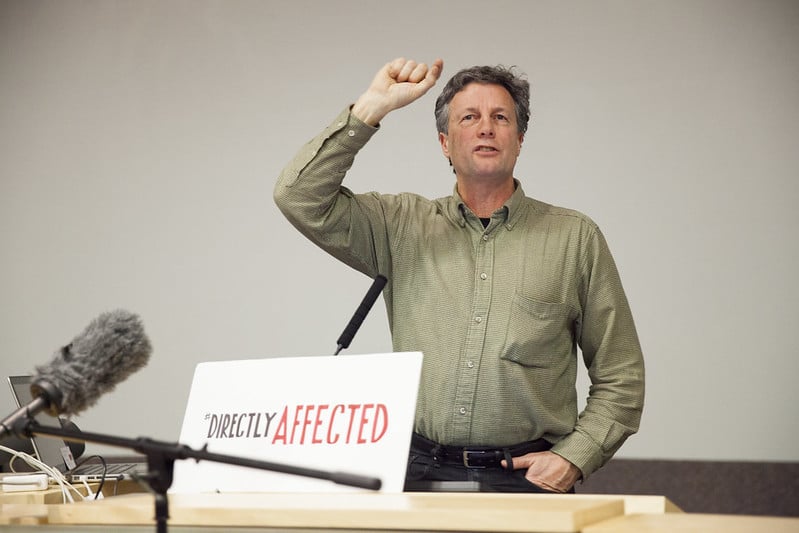Is the fossil fuel project still necessary? The answer is a resounding no, or rather, we can no longer afford to keep it going. And yet, the fossil fuel industry continues to permeate our markets, politics, businesses and culture with the myth that it is an important, if not crucial, actor in the transition to a green future. Climate change and climate change solutions are inherently complex fields littered with deliberate misinformation and cynicism. In his book, The Citizen’s Guide to Climate Success, Dr Mark Jaccard dispels these myths with his insights informed by over 30 years of experience in researching sustainable energy, laying out an ambitious and credible policy roadmap that would ultimately take us to climate success.
—
Refreshingly, Dr. Jaccard does not spend too much time focusing on the incorrigible myths perpetuated by the old-school climate denialists, that are thankfully receding into relative obscurity. Rather, he targets those delusions that are sold by the fossil fuel incumbents, packaged as undeniable economic realities and consumed by people who would otherwise identify themselves as supporting strong action on climate change.
Many of these myths retread the well-walked paths of denying the usefulness of regulating emissions or the veracity of established climate science. These delusions are internalised and propagated by normal people, even actively climate-conscious ones, and lead to self-imposed barriers that obscure the realistic and scientific outlook for how the world can decarbonise. As long as progress is hindered by the wilful absorption of distorted and misleading narratives, it is unlikely that we will achieve the widespread change that we need.
You might also like: Book Review: The New Climate War by Michael E. Mann
The delusions that are constantly being sold and consumed include the misguided beliefs that individual behavioural change is crucial, that global cooperation will be easy and natural and that certain policy and market mechanisms such as carbon offsets are effective on their own. Dr. Jaccard succinctly debunks each myth before moving on to the next one, providing a steady slew of more realistic alternatives that are grounded in established science as he does so.
Dr. Jaccard’s proposed roadmap for policymakers hinges on solutions that are simple to implement but verifiably effective. Initiatives such as carbon pricing, stronger government regulations, efficiency standards and carbon border adjustment taxes all have a role to play in achieving climate success. He also discusses the importance of focusing the vast majority of policy on the decarbonisation of certain high-emission sectors, specifically electricity generation and transportation.
Climate change can often appear as an insurmountable obstacle that no degree of individual action alone can counter. But citizens have a lot of power in our hands that goes beyond our behaviours. We can vote for politicians that support legislation to strictly regulate emissions. We can participate in acts of civil disobedience that call for more ambitious action from our governments and corporations. And we can spread the word, helping our friends and family become more climate-conscious and understanding of the fact the solutions are not as complex and impossible as the fossil fuel industry makes it seem to be.
In an email exchange with Dr Mark Jaccard, he noted that: “The key takeaway of the book is that the problem is not nearly as complex as all of the rigid thinking and agenda hitching would have us believe. We need to fuel-switch away from burning coal to make electricity and from burning gasoline to move around. These are key and people can do this now.” His book illustrates why this transition is possible, why it is possible now and what we, as citizens, can do to help achieve it.
For more, watch Dr. Jaccard speak with Earth.Org Editor Deena Robinson in a fascinating hour-long conversation here.
The Citizen’s Guide to Climate Success: Overcoming Myths that Hinder Progress
Mark Jaccard
2020, Cambridge University Press, 265pp
Featured image by: Flickr














